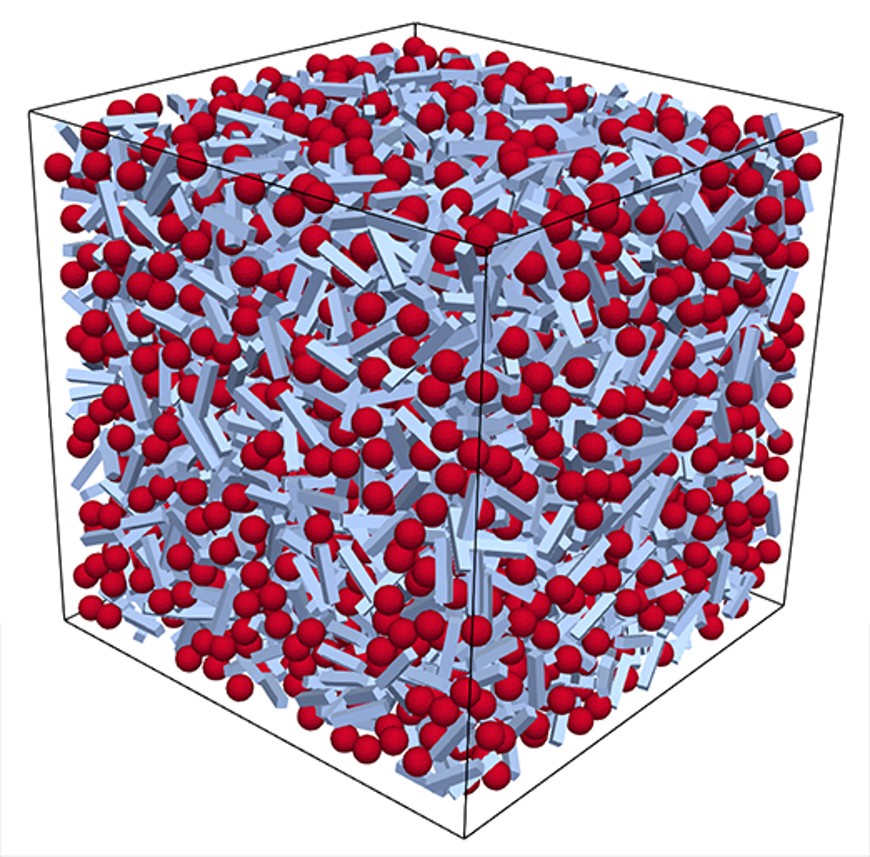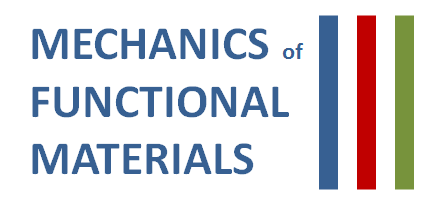Thermal Properties of SiOC Glasses and Glass Ceramics at Elevated Temperatures
New Publication in “Materials”
2018/02/10

Authors: Christina Stabler, Andreas Reitz, Peter Stein, Barbara Albert, Ralf Riedel and Emanuel Ionescu
In the present study, the effect of the chemical and phase composition on the thermal properties of silicon oxide carbides (SiOC) has been investigated. Dense monolithic SiOC materials with various carbon contents were prepared and characterized with respect to their thermal expansion, as well as thermal conductivity. SiOC glass has been shown to exhibit low thermal expansion (e.g., ca. 3.2e-6 per K for a SiOC sample free of segregated carbon) and thermal conductivity (ca. 1.5 W/(m`K)). Furthermore, it has been observed that the phase separation, which typically occurs in SiOC exposed to temperatures beyond 1000–1200 °C, leads to a decrease of the thermal expansion (i.e., to 1.83e-6 per K for the sample above); whereas the thermal conductivity increases upon phase separation (i.e., to ca. 1.7 W/(m`K) for the sample mentioned above). Upon adjusting the amount of segregated carbon content in SiOC, its thermal expansion can be tuned; thus, SiOC glass ceramics with carbon contents larger than 10–15 vol % exhibit similar coefficients of thermal expansion to that of the SiOC glass. Increasing the carbon and SiC content in the studied SiOC glass ceramics leads to an increase in their thermal conductivity: SiOC with relatively large carbon and silicon carbides (SiC) volume fractions (i.e., 12–15 and 20–30 vol %, respectively) were shown to possess thermal conductivities in the range from 1.8 to 2.7 W/(m`K).



